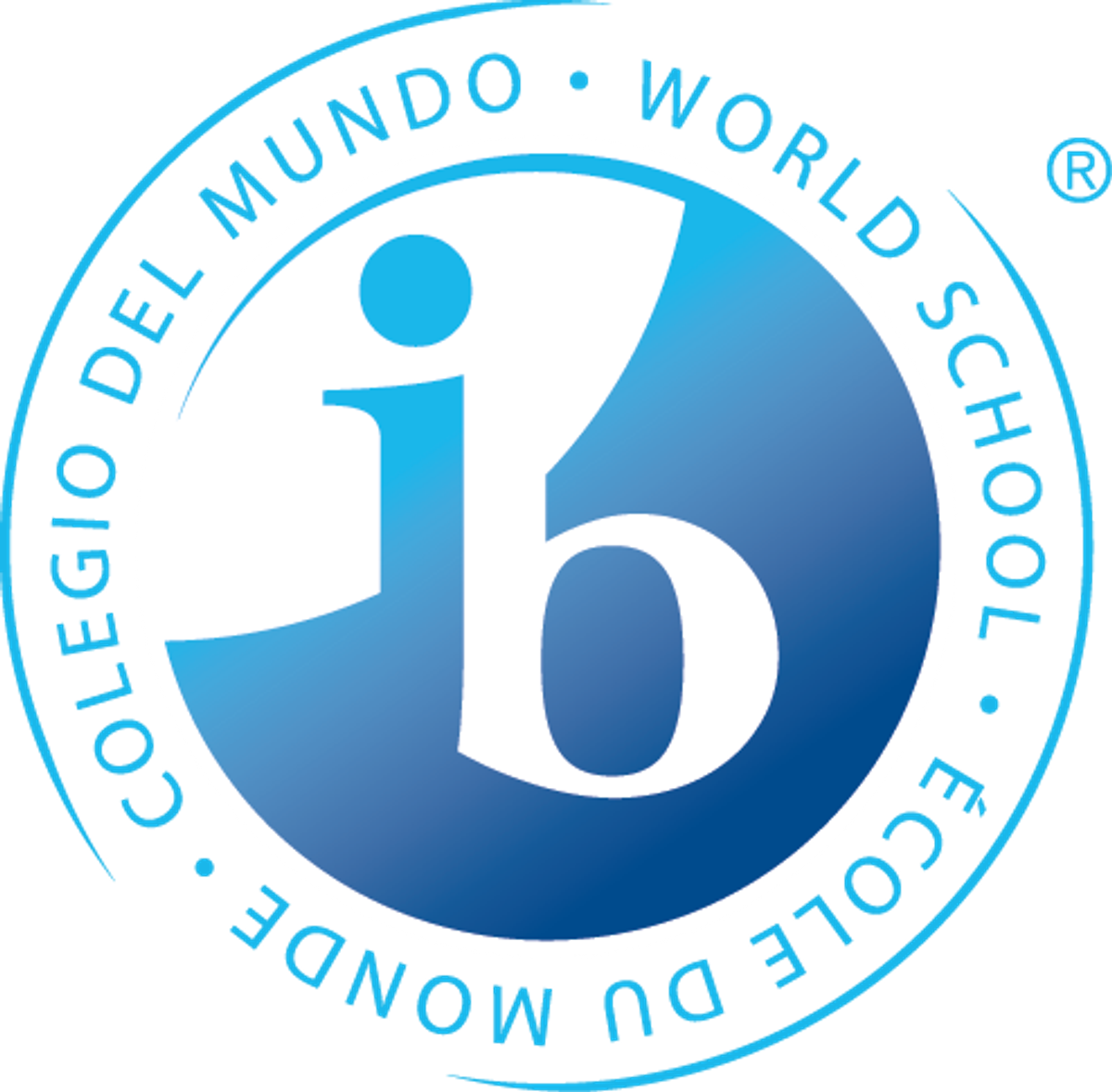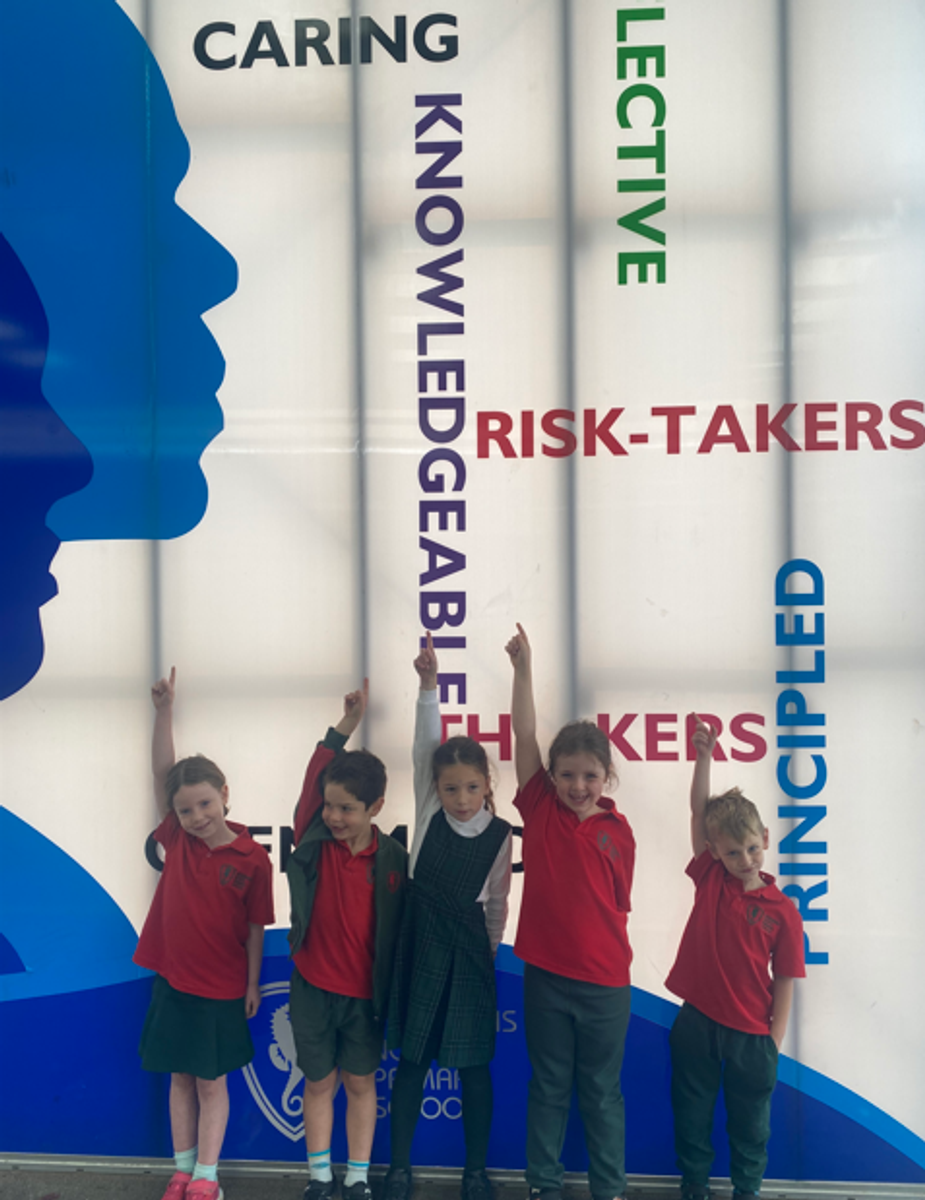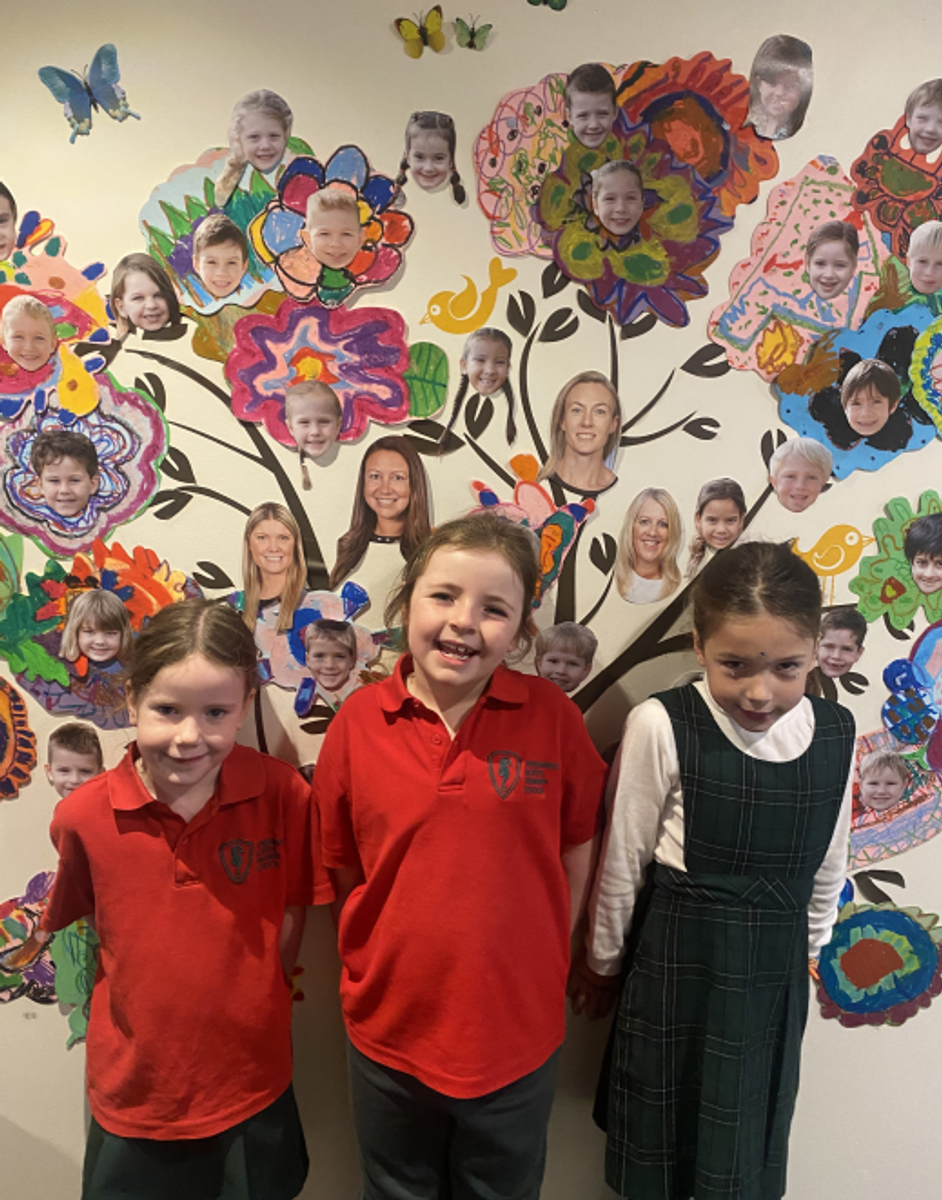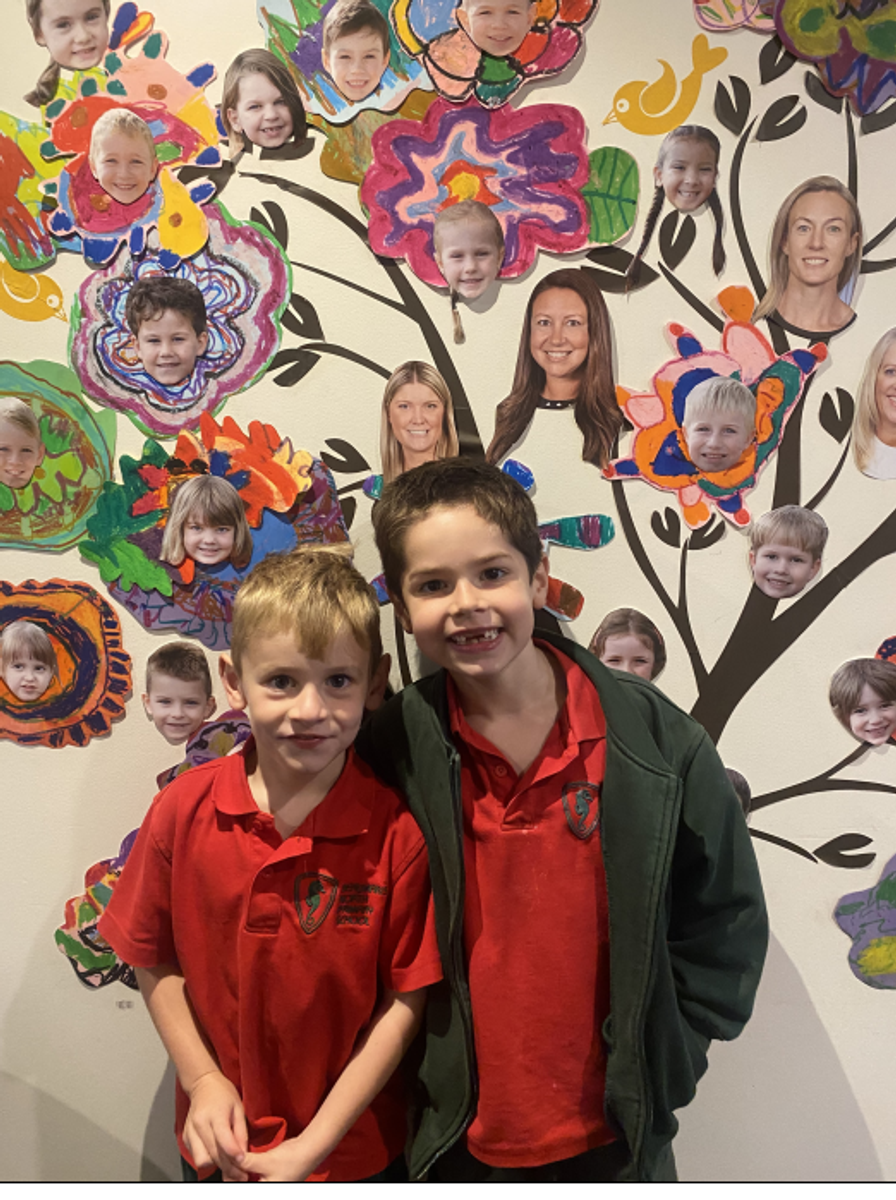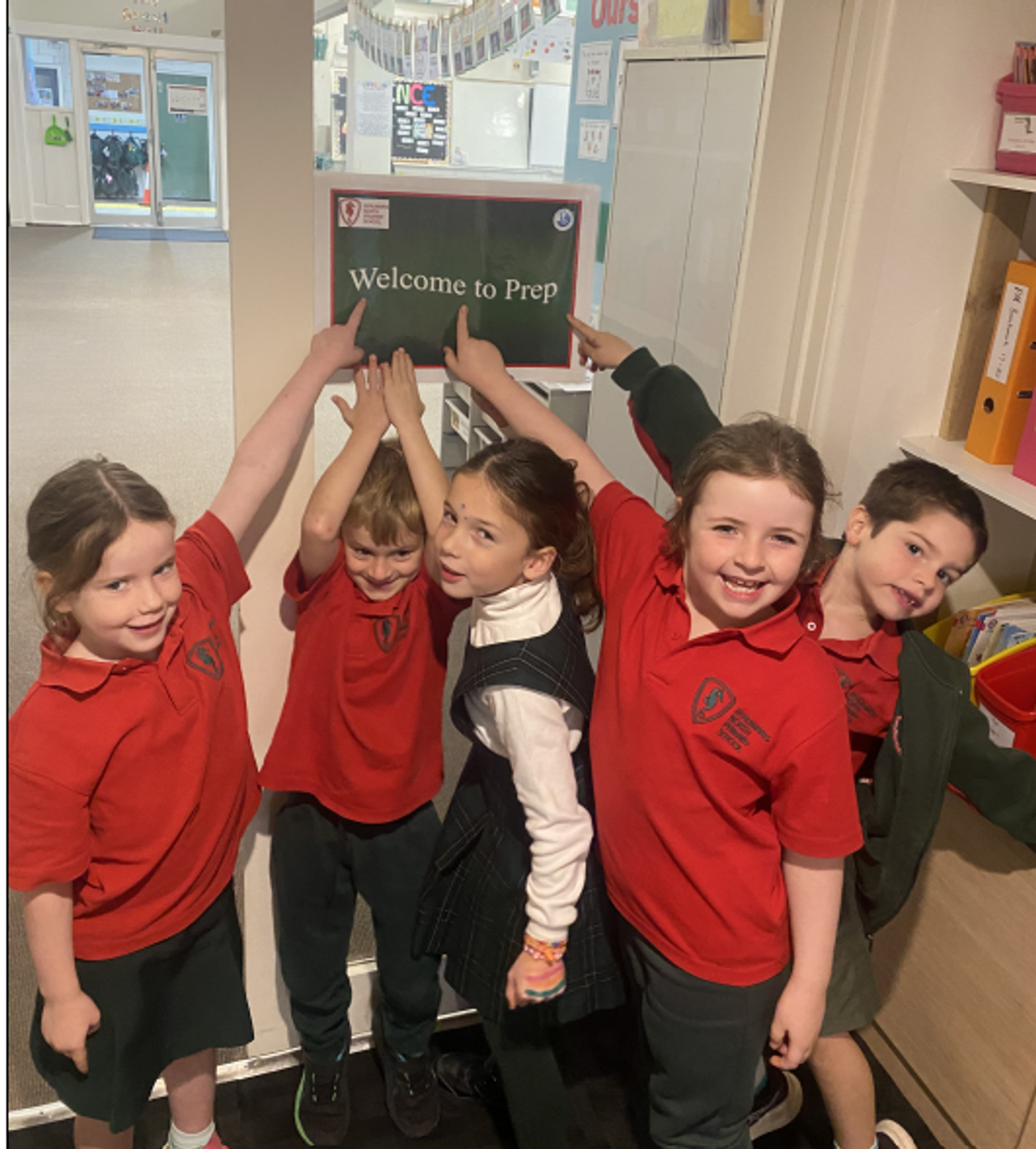PYP

PYP in Focus
Approaches to Learning
In the Primary Years Programme (PYP), learning is about more than acquiring knowledge—it's about building skills that students will carry with them for life. These are called the Approaches to Learning (ATL), and they are embedded in everything we do.
There are five key skill areas that students develop through inquiry:
Thinking Skills – Analysing, evaluating, and generating ideas
Communication Skills – Listening, speaking, reading, writing, and expressing ideas clearly
Research Skills – Formulating questions, gathering and evaluating information
Social Skills – Collaborating, resolving conflict, and working effectively in teams
Self-Management Skills – Managing time, staying organised, setting goals, and persevering
These skills are taught explicitly and through experience—whether students are preparing for a presentation, conducting an experiment, or reflecting on their learning.
By nurturing these skills, we empower students to become independent, confident learners who are ready to engage with the world around them.
The PYP Learning Approach in Our School
A Journey That Begins in Prep
At our school, the Primary Years Programme (PYP) shapes the way our students learn from their very first days in Prep. The PYP is not a curriculum that simply delivers knowledge—it’s a framework for developing curious, capable, and caring learners through inquiry, reflection, and real-world connection.
As students' progress through the PYP years, they are encouraged to explore how they learn, not just what they learn. This begins in Prep, where our youngest learners are already engaging with the foundations of the PYP: they ask questions, explore ideas, make choices, and begin to reflect on their learning in age-appropriate, meaningful ways.
A Learning Environment That Fosters Inquiry
Learning that is driven by curiosity, prep students are guided to notice patterns, make observations, and express their wonderings. These are not just moments of discovery—they are the building blocks of inquiry that they experience through all our learning areas at BNPS.
Through carefully designed experiences, students begin to develop the Approaches to Learning (ATL) skills: they collaborate in groups, manage routines independently, and communicate their thinking. These skills are explicitly taught and naturally embedded in daily classroom life.
Supporting Voice, Choice, and Ownership
A key feature of the PYP is student agency. Even in Prep, children are given opportunities to make decisions about how they explore a topic or present what they’ve learned. This sense of ownership helps build confidence and sets the stage for deeper learning in the years ahead. Students are encouraged to make connections with their units of inquiry and share action or artifacts with their classrooms.
A Lifelong Learning Mindset
The PYP is about growing learners. What begins in Prep as play, questions, and wonder evolves into inquiry, action, and reflection.
By embedding the PYP learning approach from the start, we are not only building an academic foundation, we are also nurturing students to make sense of the world and contribute meaningfully.
Learning Through the Lens in Prep
Here is a glimpse of the PYP in action, through the voices of our Prep students:
Our Prep students shared their understandings of the PYP learner profile attributes and their connections they have made in their day-to-day learning at BNPS.
“I was with my friend a playtime and I was saying really good words to explain what had happened — I think I was a good communicator.” (Fletcher)
'When I had trouble writing and didn’t know the letter, I gave it a go — I was a risk-taker.” (Fletcher)
“When my friend fell over, and I helped them get up I was caring.” (Teddy)
“I was excited in Art, then I had to go back to class and put my thinking hat on, I was being balanced.” (Finley)
“We’ve been learning about strangers in our unit of inquiry— we are inquirers because we talk about people we trust.” (Ava)
“I used my senses when we went on a tour for our last unit of inquiry — we touched and smelt different things. I was being an inquirer (Hazel)
"I smelled lemons, heard bees, and touched the cactus, I brought this in for show and tell., I was taking action.” (Ava)
When I had trouble writing and I didn’t know what letter came next, I sounded it out and had a go, I was a risk taker. (Ava)
“I love learning about numbers on the whiteboard — I’m a risk-taker when I try something new.” (Fletcher)
“In Art, we used string to make letters — we were thinkers using our sense of touch, this had to do with our unit of inquiry.” (Finley)
“Everyone teaches us things that have to do with what we are learning in class, so we are always learning lots.” (Hazel)
“In Science we were making hats, they were shiny and see through. We had to use our senses to touch and sight; to see through them, we were being Inquirers.” (Teddy)
“When we are in Performing Arts, we have to communicate together and work together. We do lots of fun things, we learn loads of things!” (Hazel)
“I think I am knowledgeable about lots of things now!” (Finley)
These authentic experiences show how our young learners are beginning to understand and live the attributes of the PYP. From being risktakers in writing unfamiliar words, to caring for a friend, or exploring the world through their senses, our Preps are developing the skills and attributes that will help them become lifelong learners.

